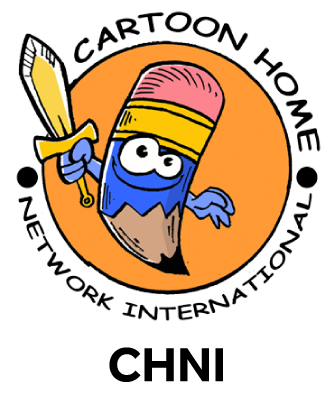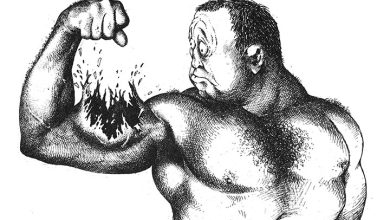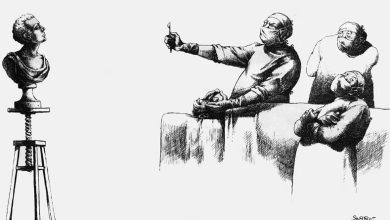The struggle for power, governance, and influence.
Mohamed Al Zawawi -Libya, 1936-2011

The struggle for power, governance, and influence has been a central theme throughout human history. From the earliest civilizations to modern democracies, individuals and groups have vied for control over resources, institutions, and people. This struggle has taken many forms, from violent conflict to peaceful negotiation, from autocratic rule to democratic governance. In this article, we will explore the dynamics of power, governance, and influence, and how they shape the world we live in today.
Power:
Power is the ability to affect the behavior of others, usually through force or influence. In many societies, power is concentrated in the hands of a few individuals or groups, such as monarchs, military leaders, or wealthy elites. These individuals may use their power to maintain their position or to extend their influence over others. Power can be wielded through various means, such as physical force, economic coercion, or ideological persuasion. In some cases, power is wielded through formal institutions, such as governments or legal systems. These institutions are designed to regulate behavior and ensure that power is distributed fairly among individuals and groups. However, even in democratic societies, power can be concentrated in the hands of a few individuals or groups, such as political parties, media outlets, or corporate interests.
Governance:
Governance refers to the systems and processes by which societies are organized and managed. This can include formal institutions such as governments, but also informal institutions such as cultural norms and traditions. Governance can be democratic or authoritarian, centralized or decentralized, and can vary widely depending on the historical, cultural, and political context. Effective governance is essential for the well-being of societies, as it provides a framework for resolving conflicts, allocating resources, and ensuring that the needs of all members are met. However, governance can also be a source of power and influence, as those who control the institutions of governance can shape the policies and decisions that affect the lives of others.
Influence:
Influence refers to the ability to shape the opinions and behaviors of others, usually through persuasion or example. Influence can be wielded by individuals or groups who hold positions of power or who have access to resources or information that others do not. Influence can be used to promote positive change, such as advocating for social justice or environmental sustainability, but it can also be used to promote negative agendas, such as spreading misinformation or promoting hate speech. Influence can be both positive and negative, and can operate at various levels of society, from interpersonal relationships to global politics. The rise of social media has greatly expanded the reach and impact of influence, as individuals and groups can now reach large audiences with little or no cost. However, the influence of social media can also be used to spread disinformation, amplify extremist views, and promote division and conflict.




